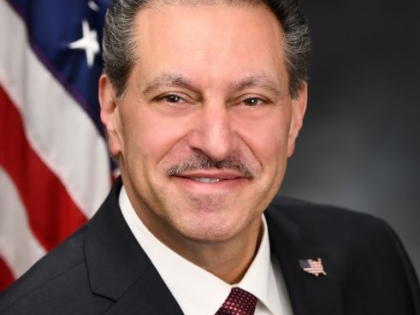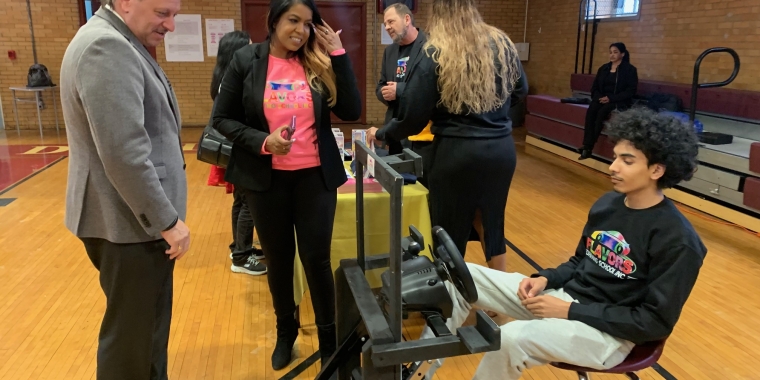
Addabbo Questions Acting State Education Commissioner About Implementation of Common Core, Teacher Evaluation System
Joseph P. Addabbo Jr
March 5, 2015
Queens, NY (March 5, 2015) – At a recent meeting of the Senate Education Committee, State Senator Joseph Addabbo, Jr., a longtime committee member, had the opportunity to directly question Acting State Education Department (SED) Commissioner Beth Berlin, as well as other SED representatives, about a variety of important issues related to New York’s teacher evaluation system, the implementation of Common Core and the future leadership of the Department.
Addabbo said the committee could spend hours, days even, debating the controversial Common Core learning standards, as well as what he believes is “an unfortunate over-emphasis on standardized testing instead of actual teaching in today’s classrooms.”
Regarding the ongoing controversy about teacher evaluations – with many new proposals for this system included in Governor Andrew Cuomo’s 2015-2016 Executive Budget – Addabbo said, “One of many issues that strikes me about the teacher evaluation system is the question of how we are able to effectively and fairly evaluate educators whose classroom activities are not tied to state math or language arts assessments. How do we fairly evaluate and support those educators who teach art, or music or physical education?”
In response to Addabbo’s questions, Dr. Kenneth Wagner, Senior Deputy Commissioner for Education Policy, said only 20 percent of New York State’s teachers instruct classes directly tied to state language and math tests, which subjects are widely used in assessing the educational success and progress of students throughout the state and tested upon in grades four through eight.
The other 80 percent of teachers – including those Addabbo mentioned – are evaluated primarily through processes developed at the local school district level, including direct observation of their performance in the classroom. To satisfy a second “state growth” aspect of teacher evaluations, districts may establish a set of tasks or projects for students to complete over the course of a school year with the goal of assessing how much pupils have progressed in their skills.
“Clearly, there is no ‘one size fits all’ answer to teacher evaluations,” Addabbo said. “While I think we all share the goal of wanting to provide our children with the best possible education, and our teachers with increased opportunities for professional development, it is important to realize our educators are teaching in different disciplines and often teaching very different student populations. I have heard a great deal of opposition to many of the Governor’s proposals to make further changes to the current teacher and principal evaluation system, and will be continuing to look at these issues very closely. Our teachers are shaping the future of our City, our state and our nation, and they deserve our support in the incredible work they have chosen.”
Addabbo also expressed concern the SED has been without an official Commissioner for two months, and could stay as such until early this summer.
“I am discouraged that we will not have a Commissioner in place until well after the final 2015-2016 State Budget is adopted, and I am also not altogether pleased that the future leader of this agency may not even be from New York State,” he said. “While we all want the best academic professional at the helm of SED, I would prefer that the person who ultimately assumes this position be fully experienced and familiar with the challenges specifically facing students, parents, teachers, administrators and other education stakeholders in the State of New York.”
As negotiations on a final 2015-2016 State Budget move into high gear over the month of March, with the goal of adopting a spending plan by the April 1 deadline, Addabbo urges his constituents to continue to reach out to him with their views on education funding and policy and any other issues of concern.
###
Share this Article or Press Release
Newsroom
Go to NewsroomAddabbo Statement on Good Cause, ELFA No Vote
April 22, 2024
